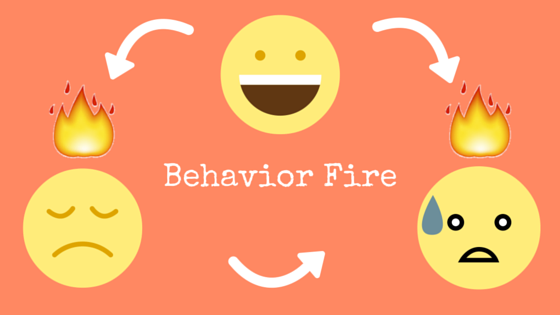Gaining Enough Understanding from Other People is Through Social Inference
Gaining Enough Understanding from Other People is Through Social Inference

Image Source
Every one of us is in the business of building a portrayal of our social world that makes it an anticipated and controllable, a place in which we can dependably get things going. The most ground-breaking approach to do this is to have a comprehension of what causes what, having the capacity to attribute causes to behavior and occasions.
This is the business of formal science, however as anyone might expect we likewise do this naturally and casually constantly. The celebrated Austrian psychologist Fritz Heider thought of humans as naive who continually build their own particular casual hypotheses to clarify and foresee how individuals will act.
He drew the consideration of social psychologists to the significance of concentrate individuals' naive, or conventional, psychological speculations. He trusted that these speculations are imperative in their own privilege since they impact behavior. For instance, individuals who put stock in astrology are probably going to have diverse desires and are probably going to act in various routes from the individuals who don't.
Heider trusted that individuals are instinctive psychologists who build causal speculations of human behavior, and in light of the fact that such hypotheses have an indistinguishable frame from methodical scientific social psychological speculations, individuals are really natural or naive psychologists. Heider made an enduring qualification between individual components and natural factors in the way that we account for the foundations for behavior.

Image Source
It may be valuable to know whether somebody you meet at a gathering who appears to be reserved and far off is a standoffish and inaccessible individual or is acting in that way since she isn't getting a charge out of that specific gathering. Heider trusted that in light of the fact that internal causes, or aims, are avoided us, we can gather their essence just if there are no reasonable external causes.
Be that as it may, individuals have a tendency to be one-sided in inclining toward internal to external attributions even despite confirm for external causality. It appears that we promptly attribute behavior to stable properties of individuals. Klaus Scherer found that individuals made suppositions about the steady personality characteristics of finish outsiders basically based on hearing their voices on the phone.
A well-known hypothesis of how attributions are made is Harold Kelley's covariation model. A key inquiry that individuals ask themselves is whether somebody's behavior is caused by the individual's internal air to act in that path or by external situational factors. This enables us to know whether the individual will dependably carry on surely or whether the behavior is attached to the circumstance.
Kelley went ahead to contend that keeping in mind the end goal to find a reason for somebody's behavior individuals act much like scientists, instead of naive psychologists. They recognize what factor covaries with the behavior and after that allot that factor a causal part. Individuals utilize this covariation rule to choose whether to attribute a specific demonstration to internal miens or external ecological components.

Image Source
Types of Information Needed in Attribution
- Consistency
- Distinctiveness
- Concensus
In the event that Agnes just now and then carries on especially, for instance, giggles, in a given circumstance then consistency is low and we search for elective causes. On the off chance that then again Agnes dependably giggles in a similar circumstance consistency is high however regardless we don't know whether the giggling reflects Agnes personality or the circumstance. Accepting high consistency, individuals can evaluate the peculiarity of the behavior and whether there is high agreement or low accord.
The conjunction of high peculiarity and agreement prompts an external attribution, and the conjunction of low uniqueness and accord prompts an internal attribution. Research demonstrates that individuals unquestionably can make causal attributions for behavior along these lines, in any case, they underuse accord data and are for the most part not great at evaluating covariation.

Image Source
References:
Situations, Attributions, and the Evaluation of Reactions
Three Principles of Explanation
Attribution Theories: How People Make Sense of Behavior
Personality and Emotion
Attribution Theory and Research
Inferring Dispositions Using Causal Attribution
Posted from my blog with SteemPress : https://steemme.000webhostapp.com/2018/08/gaining-enough-understanding-from-other-people-is-through-social-inference

